Annual Review Germany 2017
What moved Germany in 2017 - a look at the most important events.
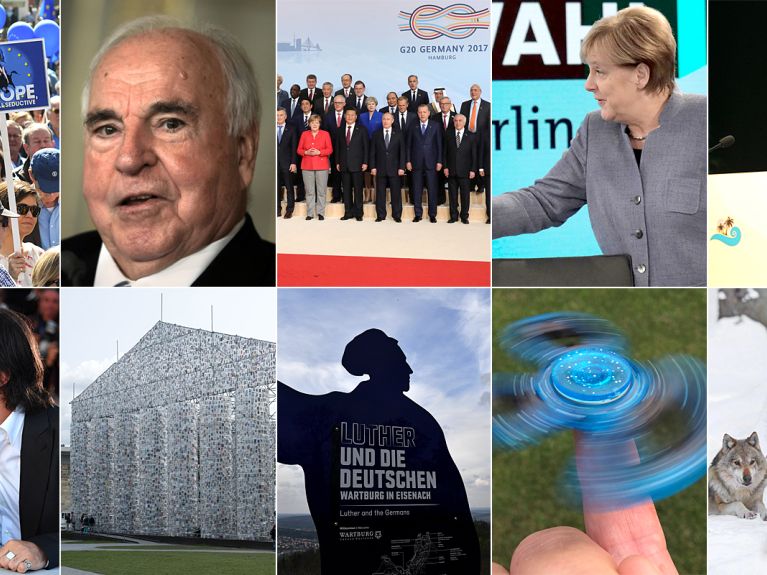
What made political headlines in 2017
Frank-Walter Steinmeier becomes the new Federal President
On February 12, former Foreign Minister Frank-Walter Steinmeier is elected by the Federal Assembly as the new Federal President. His long experience in diplomacy has proved advantageous to him in his new office. Steinmeier focuses on respect for all people strengthening democracy, tolerance and social cohesion.

The EU turns 60
In March the European Union celebrates its birthday. Sixty years ago, on March 25, 1957, the community was founded with the signing of the Treaty of Rome. Although the Union is struggling with many challenges today, it is the largest peace project on the continent. And the European idea of unity in diversity is in any case forever young.

Last salute to Helmut Kohl
Germany and Europe bid farewell to Helmut Kohl. The “Chancellor of Unity” died on June 16 at the age of 87. In Strasbourg, on 1 July, Kohl is the first person in the history of the European Union to be honoured with a European funeral.

The G20 meet in Hamburg
The Central Forum for International Cooperation in Financial and Economic Affairs, the Group of Twenty (G20), meets in Hamburg on 7 and 8 July. The strong commitment of the German G20 presidency to multilateralism is a thread running through the communiqué of the G20 heads of state and government. Militant demonstrations and riots by globalization opponents overshadow the meeting. The riots are followed by debates about the escalation of violence. In December Germany passes the G20 presidency on to Argentina.

Germany votes, but for the time being gets no new government
On September 24, Germans vote for the new Bundestag. The major parties lose a great many voters. For the first time, the populist AfD moves into parliament. The FDP is back in the Bundestag after an absence of four years. The strongest force is the parliamentary group of the CDU / CSU, led by Angela Merkel. After lengthy negotiations, talks to form a "Jamaica” coalition fail. Beginning in January 2018, the CDU / CSU and SPD will explore a possible continuation of the previous Grand Coalition. The present Chancellor and ministers are still in charge and have the same powers as does a regular government until the forming of a new one. Thus the Federal Government is fully capable of acting until new ministers are sworn in.
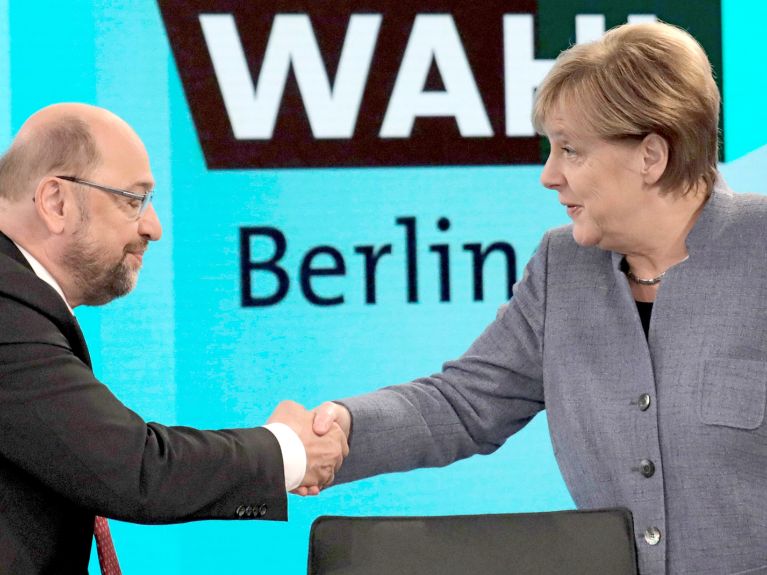
World Climate Conference in Bonn
From 6 to 17 November, Bonn is the scene of the largest interstate conference ever held in Germany. The participants of the 23rd World Climate Conference (COP23), under the Presidency of the Republic of Fiji, negotiate specific step towards implementation of the Climate Change Agreement of Paris.
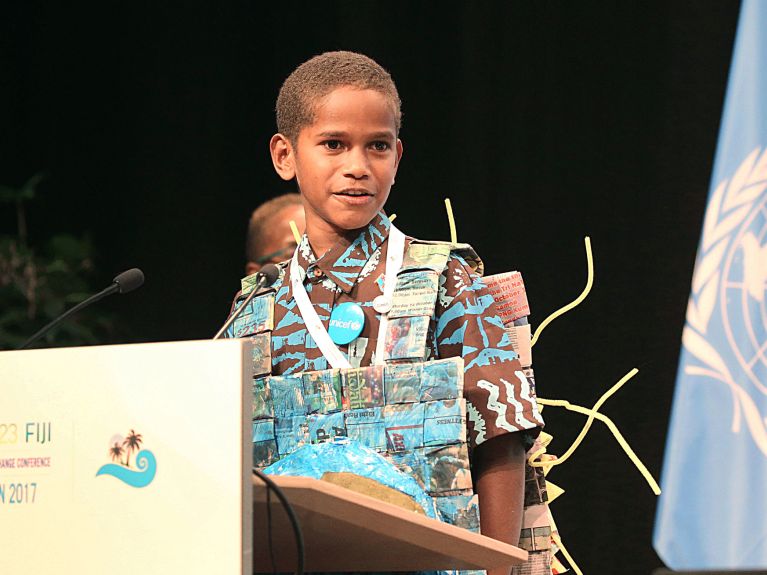
Peace missions extended
In December, the Bundestag extends mandates for seven Bundeswehr peace operations in Afghanistan, Iraq, Mali and the Mediterranean.
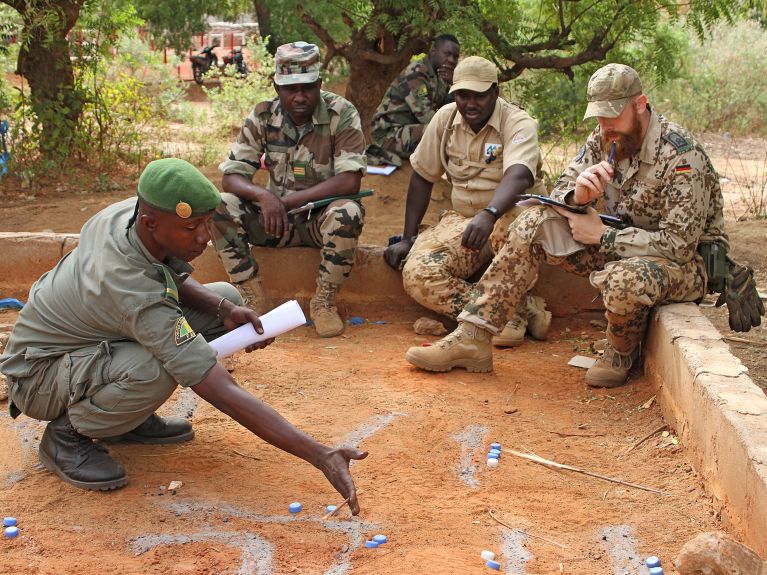
What moved culture in Germany in 2017
Phenomenal start
On 11th January the Elbe Philharmonic Hall, Hamburg’s new spectacular concert hall and landmark, opens it doors, attended by political dignitaries and with performances of Beethoven, Brahms and Benjamin Britten. The ten-years it took to build and the tenfold increase in estimated cost are quickly forgotten; Hamburg residents and tourists have already come to love the “Elfie”. In the first year it was visited by almost four million people and almost all the concerts are sold out.
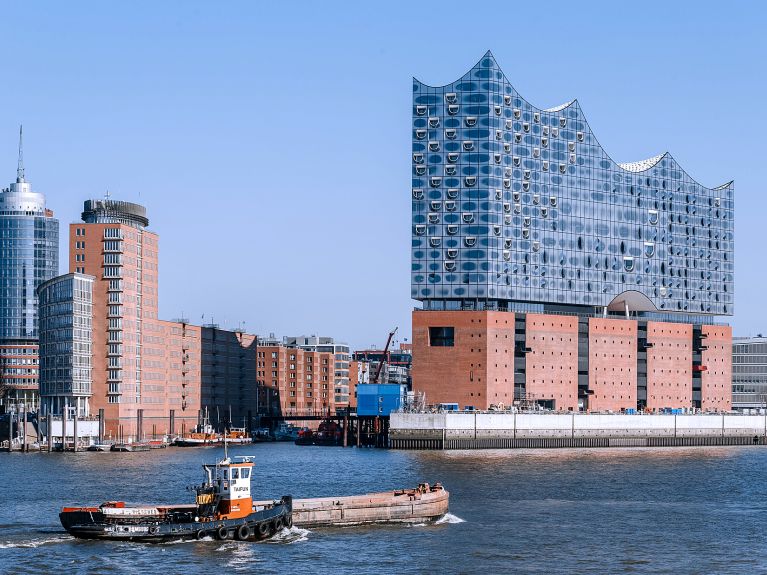
Award for cinema from Germany
At the Cannes Film Festival in May, Diane Kruger receives the Best Actress Award for her role in Fatih Akin's thriller Aus dem Nichts (In the Fade). A great honour. Akin's film is heavy stuff – it is about the murders perpetrated by the right-wing terrorists of the NSU. Aus dem Nichts is also a contender for an Oscar in 2018. Maren Ade's tragicomedy Toni Erdmann comes on lighter and with much subtle humour. It is the big winner at the German Film Awards in April, pocketing six Lolas.
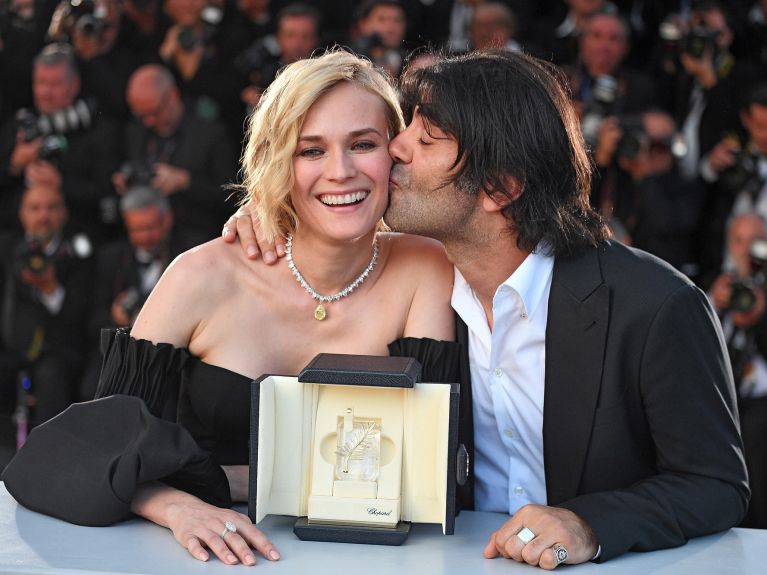
Global art in Kassel and Athens
The Documenta, the biggest exhibition of contemporary art, which takes place only every five years, is always something special. In 2017 it is even more special and takes place for the first time not only in Germany but also in Athens. Its motto: “Learning from Athens”. What remains of the 100 Documenta days? Five works of art remain in Kassel, which the city acquires for the Neue Galerie Museum. But this time there is no exciting artwork in public space. Documenta 14 will remain invisible in the cityscape – in contrast with many of its predecessors.
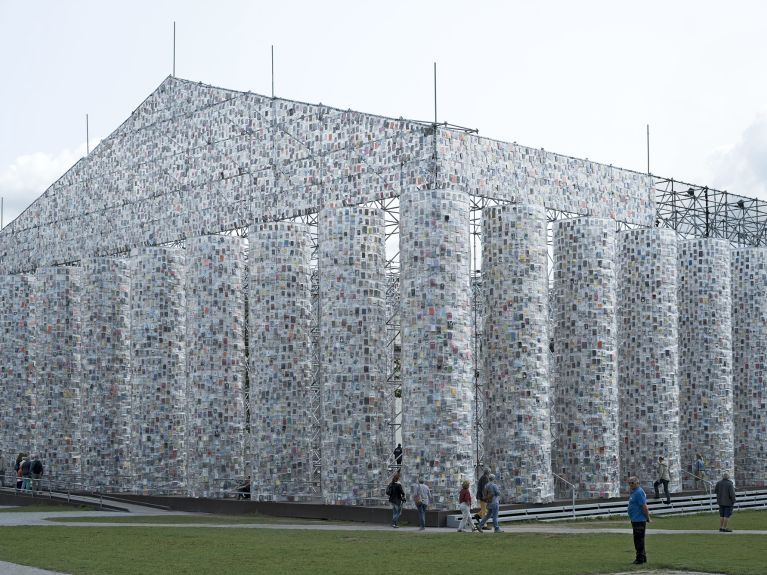
Holiday for the Reformation
On October 31, 2017 Protestant Christians celebrate the 500th anniversary of the Reformation on - with a variety of events, exhibitions and events. A whole "Luther Decade" prepares the big event. More about Martin Luther and the Reformation.

What surprised Germany in 2017
Mini-propeller as trend toy
The fidget spinner – or somewhat more sedately, the “manual gyroscope” – is the hype of the year, at least in early summer. Then it was all over with the strange phenomenon. First, the toy industry could hardly keep pace with the re-orders; then the mini-propellers were shelf huggers.

The return of the wolf
Since 1850, there have no longer been wolves in Germany, but now there are supposed to be twelve packs again, about 100 animals altogether, which live mainly in East Germany. For nature conservation a success, the return of wolves frightens some people. Encounters with hikers, however, are rare.

Storm front Xavier
At the beginning of October, the storm front Xavier caused heavy damage with gale-force winds, especially in the north and the east. Seven people die in Germany. Train traffic is suspended on many routes.
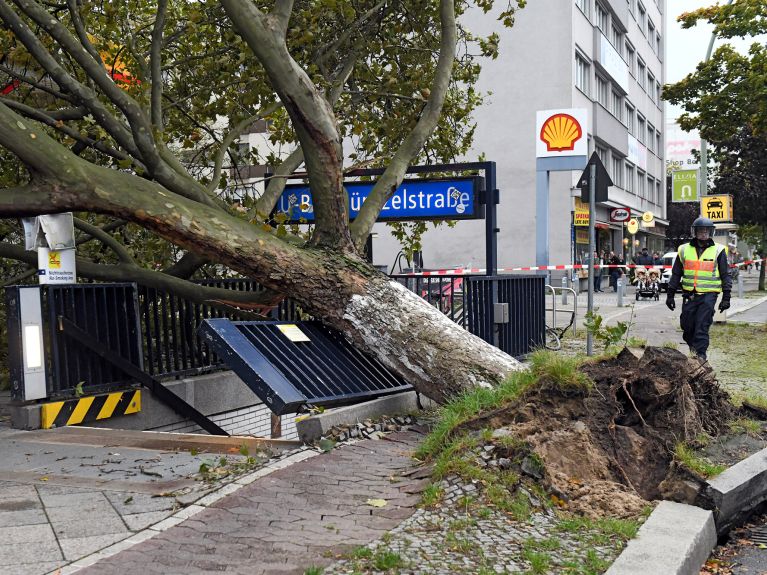
© www.deutschland.de